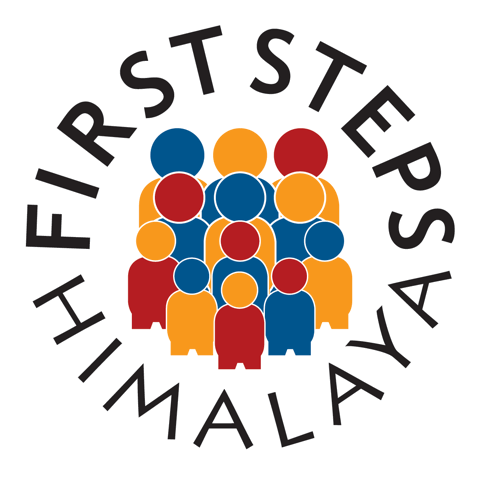In Nepal, menstruation is layered with many cultural taboos and restrictions that make girls and women’s daily lives much more difficult when they are menstruating.
At school, older girls who live in rural areas of Nepal often struggle to deal with their period in a hygienic, dignified way. Until recently, school leaders had put little thought into catering for the needs of menstruating students.
In 2022, First Steps Himalaya surveyed female students in the Nuwakot District as part of our Menstrual Hygiene Management programme.
We asked the girls what products they used to absorb blood during their period. Almost all the girls used wads of cloth that they would wash at home. Around 20% of the girls used purchased disposable pads, which are expensive and rarely sold in rural areas.
We also asked the girls about their lived experience of what happens when they have their period in their village.
A huge amount of girls reported that they or their family members faced restrictions when menstruating; 25% - 35% girls at three schools and a whopping 75% of girls at the remaining three schools reported facing restrictions to their daily life.
Ideas about shame and disease are often wrapped around menstruation in these rural communities, and menstruating girls and women may be viewed as unclean and face social and physical isolation.
Among girls surveyed in the village of Panchakanya, half of them reported their household banning menstruating women from using the local stream. This figure was 30% in the nearby village of Ajinghare.
Over 20% of girls at Panchakanya and 13% at Ajinghare believed menstrual blood was harmful or were unsure on this topic. 12% of the Irkhu Pokhare girls thought menstruation was a curse on women.
First Steps Himalaya first began its Menstrual Hygiene Management programme in 2021, working with older girls in six schools across Nepal. The practical sessions not only provided information to the girls but gave them a safe place to discuss their concerns. Because of the visible impact of the project on the students, we have decided that this is an area that we should continue to support.
Girls learning about reusable pad making at the first phase of our Menstrual Hygiene Programme.
Learning how easy it is to sew reusable pads.
In the next phase of our menstrual hygiene programme, we plan to host practical reusable pad-making sessions at our Sangachok training centre. As well as returning home with several of their own reusable pads, we aim to help girls feel more comfortable in understanding and managing their periods.
These day-long workshops will:
Reusable pads are cheap and easy to make with sewing machines in the villages.
Provide a space where girls can feel comfortable talking about their periods
Teach the basic biology of the menstrual cycle, including how to track their menstrual cycle.
Dispel rumours, myths and taboos about menstruation.









